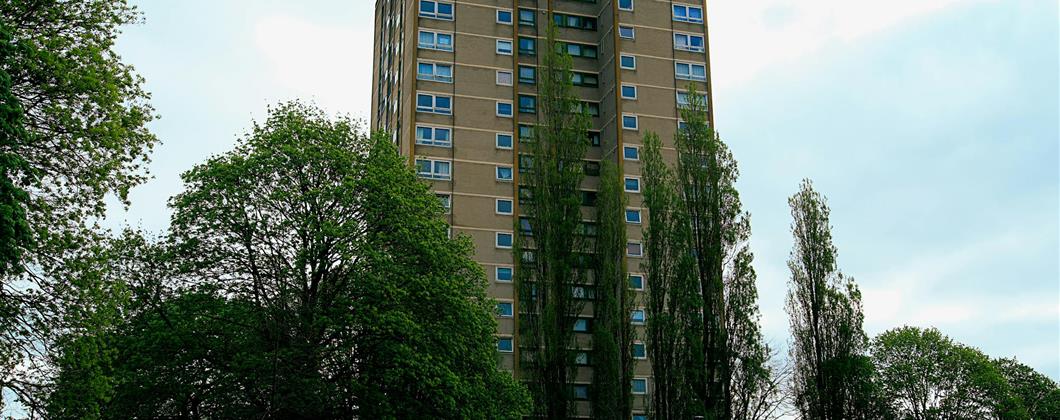How Does Cladding Affect Insurance For Blocks Of Flats?

In recent years, tragic incidents have shed light on the dangers associated with combustible cladding in residential buildings. With this in mind, the presence of combustible cladding has become a crucial consideration for property owners and insurers alike. In this article, our experts are exploring the impact fireproof cladding can have on insurance for blocks of flats, as well as looking at what steps property owners should take to safeguard residential buildings.
The Dangers Of Combustible Cladding
In the past, cladding for residential properties and blocks of flats was often made from aluminium composite panels with a polyethene core. While this was intended to make properties warmer and drier, the realities were that these materials posed significant risks in the event of a fire. Without adequate fireproofing, this cladding could contribute to the rapid spread of flames, resulting in devastating consequences.
While the installation of combustible cladding has since become illegal in the UK, it can still be found on many residential properties. So where does this leave the property owners and their ability to take out a block of flats buildings insurance policy?
The Impact Of Combustible Cladding On Insurance For Blocks Of Flats
With the dangers of combustible cladding having recently been exposed, it should be no surprise that the presence of fireproof cladding could have a substantial impact on insurance premiums. After all, insurance providers are responsible for assessing and mitigating any risks associated with insuring a block of flats. If a property features combustible cladding, the risks will be significantly higher, and the building block insurance premium will reflect this.
What Can Be Done To Reduce Block Of Flat Insurance Premiums?
Property owners seeking insurance coverage for their blocks of flats should be prepared for detailed fire risk assessments. This will enable insurance providers to understand the potential risks posed by combustible cladding, and whether the cladding will need to be remediated or removed.
Conducting a survey of the external wall of the flats is crucial in this process. An external wall survey involves a thorough inspection of the cladding and building materials used in the property’s construction. This helps to determine the composition of the cladding and identifies any potential fire hazards. In turn, this enables insurers to understand the risks associated with any combustible cladding.
Remediation And Removal
If the external wall survey reveals the presence of dangerous combustible cladding, property owners may be required to undertake remedial action to improve the property’s fire safety. In some instances, the risks can make it necessary to replace the cladding altogether. Insurers are likely to require evidence of remediation or the removal of hazardous cladding before they can provide insurance for blocks of flats.
Specialist Block Of Flats Insurance Services From Flats Direct
At Flats Direct, we understand more than anyone the difficulties that combustible cladding can pose to property owners. Fortunately, our team of experts are here to help. We provide specialist block of flats building insurance designed from the ground up to ensure your property is getting the suitable cover it needs.
If you’re concerned about the presence of combustible cladding on your property, get in touch and we’ll be happy to talk you through the next steps. We can assess buildings to understand the issues they face, as well as provide advice on any remediation and removal requirements.
For more property risk management advice, or to enquire about block of flats insurance, please contact us directly. Our team have expert knowledge of the latest industry and legal regulations surrounding combustible cladding and will do all they can to help. Call us on 0800 731 6242, email info@flatsdirect-uk.com or fill out our quick block insurance online quote.

